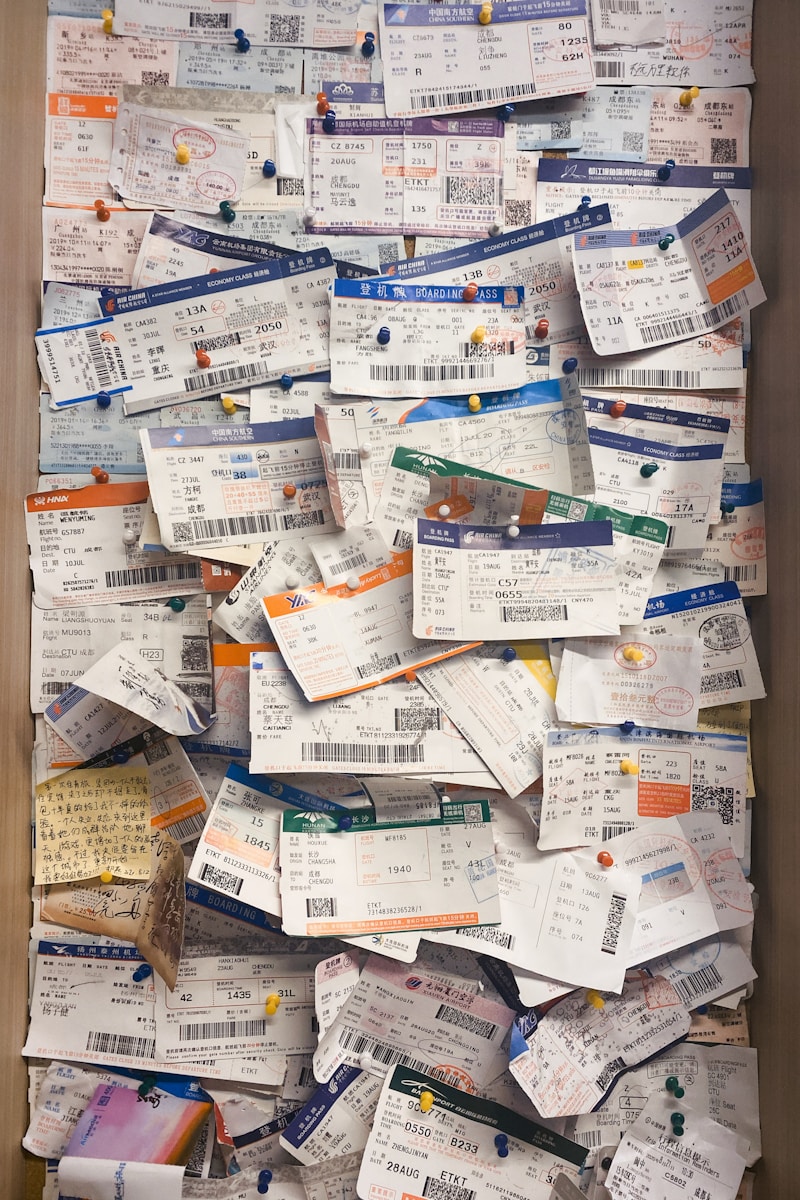As festival season approaches in the UK, music fans are excitedly looking forward to amazing events like Glastonbury or performances from worldwide stars such as Taylor Swift. Unfortunately, this anticipation is slightly overshadowed by the troubling increase in ticket scams. These scams have become more cunning and crafty, specifically targeting individuals who are eager to obtain tickets for sold-out events. Recent statistics from 2023 show that ticket scams cost UK consumers more than £6.7 million this year alone. In this post, we will explore what ticket scams are, how they function and share useful strategies to help you stay protected against these deceitful tactics.

Understanding How Ticket Scams Work
At its core, a ticket scam involves dishonest individuals who sell fake or nonexistent tickets for concerts and festivals. They often exploit social media and fake websites to trick unsuspecting fans. Here are several strategies commonly used by these scammers:
Social Media Traps: Fraudsters create bogus profiles or misleading posts on networks like Facebook to promote tickets that do not actually exist or that are complete forgeries. They may send direct messages or become part of groups aimed at buying and selling those elusive tickets.
Imitation Websites: Some scammers make fake versions of real ticket-selling websites, tweaking the URLs slightly or changing their branding just enough to confuse potential buyers. Their aim is to gather sensitive personal details or banking information from those who are unaware they are falling into a trap.
The Growing Issue of Ticket Fraud
In recent years, ticket fraud has been a rising concern, with many loyal fans of popular musicians becoming victims.
For instance, during Taylor Swift’s Eras Tour, more than 600 customers from Lloyd’s Bank reported falling victim to scams while trying to snag tickets, leading to estimated losses of over £1 million. Additionally, devoted Ed Sheeran fans have experienced similar scams in Facebook groups devoted to his sold-out tours. Such cases clearly demonstrate that the emotions tied to last-minute ticket purchases can cloud good judgment.
Tips for Staying Protected Against Scams
Though protecting oneself from scams may feel overwhelming, there are several steps you can take to safeguard your tickets:
- Stick to Official Vendors: Always buy your tickets from verified vendors who are members of recognized organizations, such as the Society of Ticket Agents and Retailers (STAR). If a website features STAR’s distinct red, black, and white logo, it is a sign that it’s legitimate.
- Think Twice About Social Media Deals: If someone you don’t know sends you an unexpected message promising unbelievable ticket offers, be skeptical. When joining social media groups that claim to sell currently available tickets, do it with caution.
- Check Website Credibility: Always confirm if the website URL matches that of the genuine sellers precisely; if there’s a small alteration in the address, it could very well be a scam. In addition, look for complete contact features, including landlines and physical addresses, rather than just email or mobile options.
- Use Secure Payment Options: Wherever possible, opt for credit cards instead, especially for ticket purchases ranging from £100 to £30,000 since they provide safe transactions under Section 75 of the Consumer Credit Act. Avoid direct bank transfers and instead choose secure payment systems suggested by trustworthy sellers.
- Do Your Homework: Prior to making a purchase, read reviews about the vendor. Confirm whether the event you’re aiming for is genuinely sold out before turning to third-party sellers.
What to Do If You Fall Victim to a Scam
In the unfortunate event that you suspect you’ve been scammed:
- Report It Quickly: Contact Action Fraud at their official website to report any suspicious activities.
- Notify Your Bank: If you made your payment with a credit card, reach out to your bank immediately; your provider may be able to help with refunds depending on specific conditions tied to your purchase.
Conclusion
The excitement of snapping up agreements for concerts and festivals should never make you rush into transactions with unknown sellers online. By being informed about common scams and taking smart protective steps, like opting for reliable payment methods, you can greatly diminish your chances of falling victim to these scams.
Summary of Tips for Safe Festivals
- Buy from Official Sellers: Stick to STAR-approved vendors.
- Scrutinize Social Media Offers: Be skeptical of unverified offers.
- Verify Website Accuracy: Double-check URLs and contact information.
- Choose Safe Payment Methods: Preferring to use credit over bank transfers is vital.
- Research Thoroughly: Look for reviews and confirmations of event status.
By staying alert and following these tips, music enthusiasts in the UK can immerse themselves in the festival joys without fearing falling prey to scamming schemes designed solely for profit at their expense.
The intent of this guide is not merely to inform but also to empower individuals with the necessary tools to resist scams related to live events. This equips everyone to make the most of the vibrant UK music scene without the risk of losing money unexpectedly!




